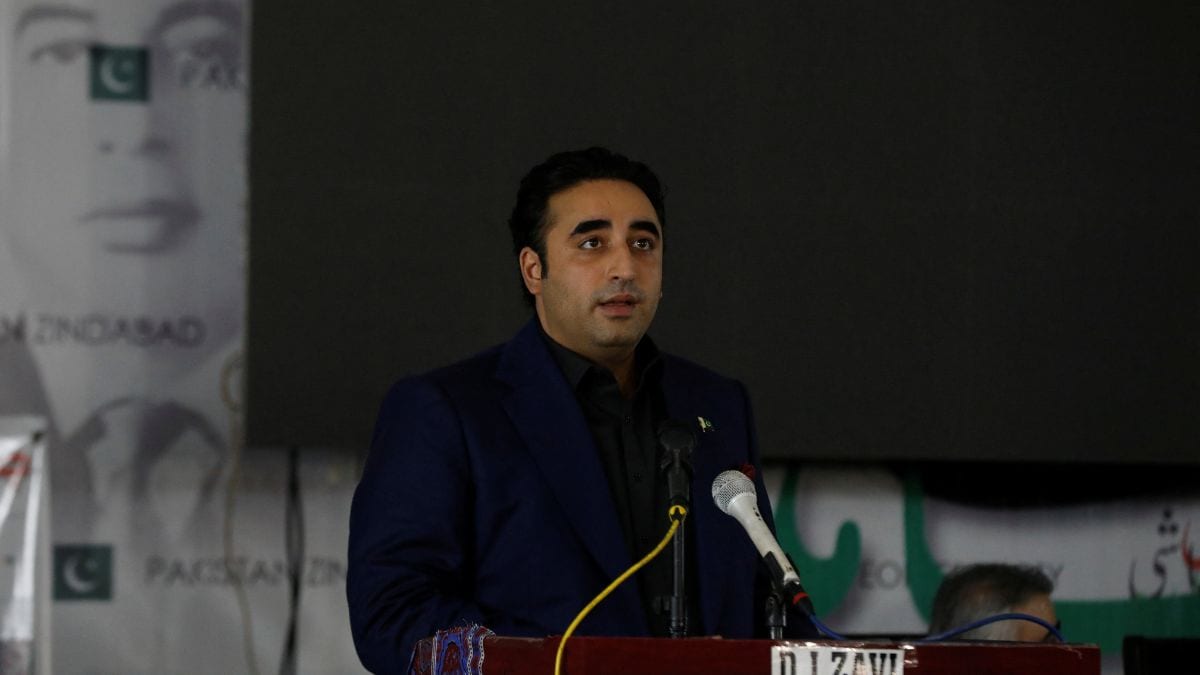

Pakistan is expressing its readiness to pursue a "historic and phenomenal partnership" with India, emphasizing the potential for regional stability and prosperity through dialogue and cooperation. This sentiment comes amid recent tensions, including clashes involving fighter jets, missiles, and artillery, which have underscored the urgent need for peaceful resolution of outstanding issues.
Bilawal Bhutto Zardari, Chairman of the Pakistan Peoples Party (PPP) and former foreign minister, has been a vocal proponent of dialogue and engagement with India. He has called upon the international community, including the United States, to play a role in de-escalating tensions and bringing both nations to the negotiating table. Bhutto-Zardari has stressed that while Pakistan is open to discussing terrorism-related concerns, the core issue for any meaningful dialogue must be the Kashmir conflict.
Despite the challenges, there is a growing recognition of the importance of normalizing relations between India and Pakistan. Bhutto-Zardari has highlighted potential areas of cooperation, such as trade, water security, and addressing environmental challenges like flooding and drought. He has even proposed the idea of an India-Pakistan Economic Corridor, which could boost bilateral prosperity and benefit regional and global stakeholders.
Bhutto-Zardari has also pointed out that cooperation between intelligence agencies could significantly reduce terrorism in South Asia. He suggested a mutually agreed platform where both sides could raise concerns, jointly investigate terrorist incidents, and ensure accountability.
However, challenges remain. Bhutto-Zardari has criticized India for avoiding dialogue and has stated that Pakistan may exit the Simla Agreement if India continues to take unilateral decisions, especially concerning bilateral treaties. He also raised concerns about India's suspension of the Indus Waters Treaty (IWT), calling it an attempt to "weaponize water".
Pakistan has consistently expressed its desire for peace and has taken steps towards dialogue, but has also asserted its right to respond if India escalates the situation. Bhutto-Zardari has emphasized that lasting stability in South Asia depends on inclusive dialogue, which would normalize trade relations and bring widespread benefits to the region and beyond.